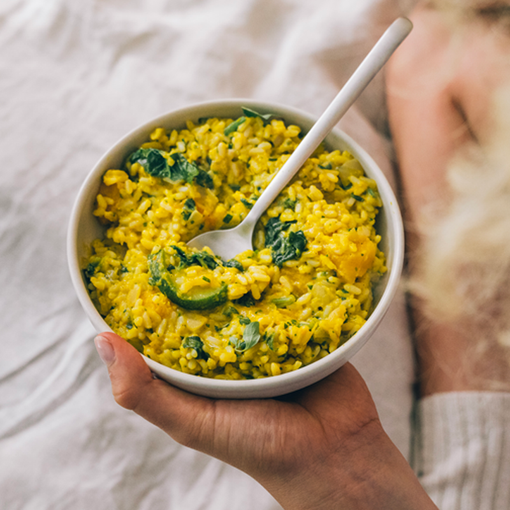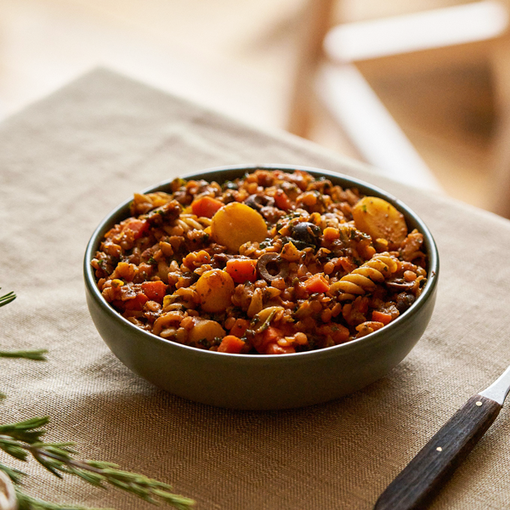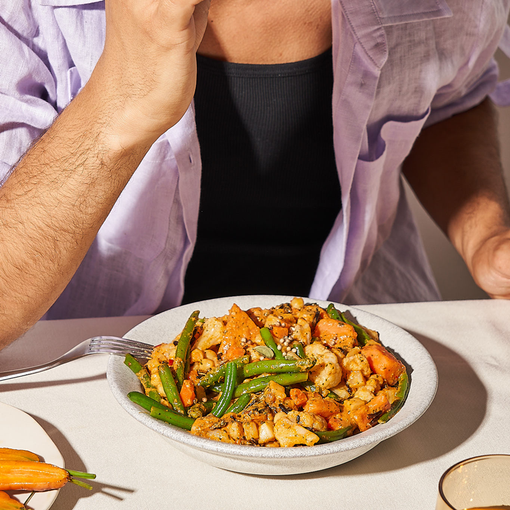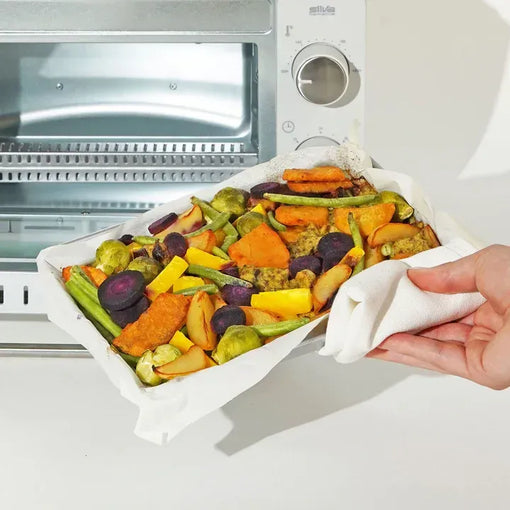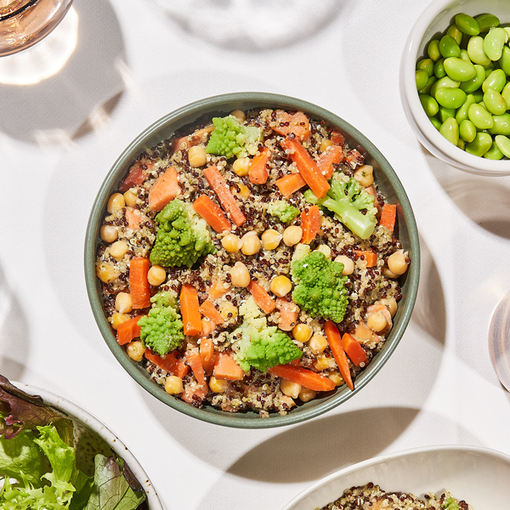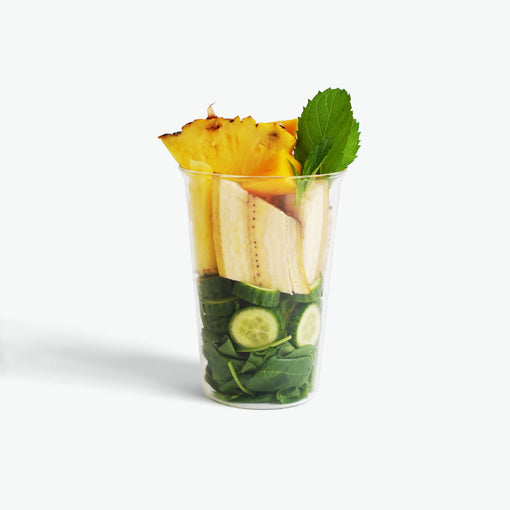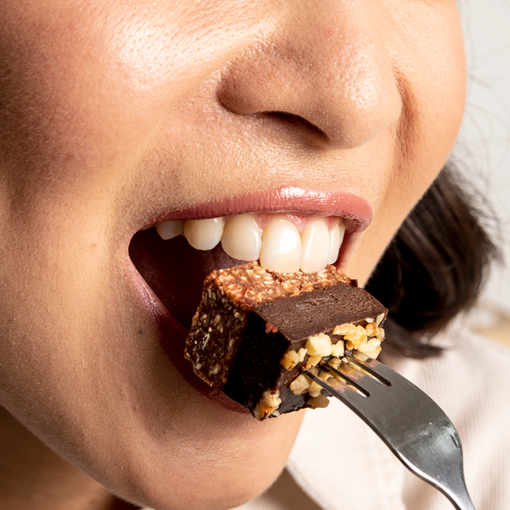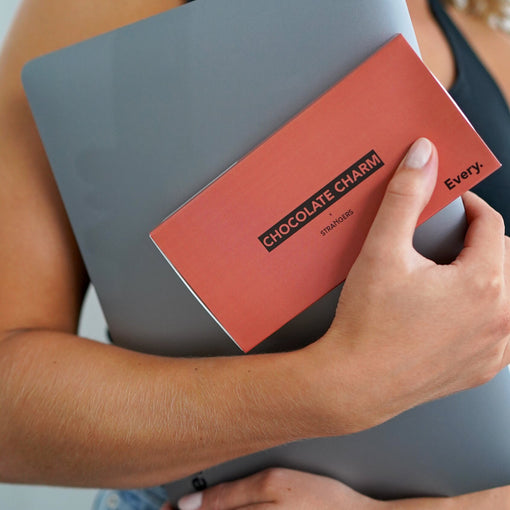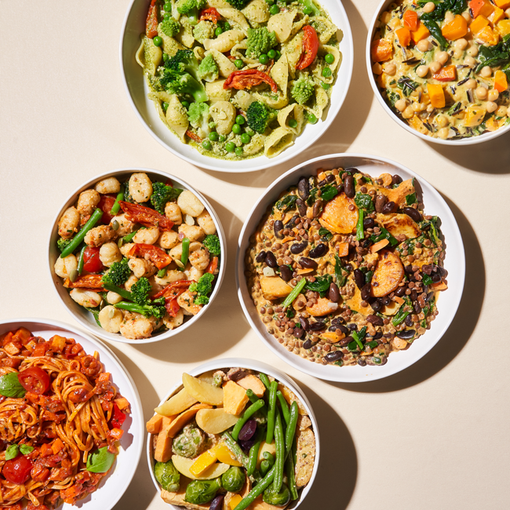Add {{ number }} more products to save {{ price }}
0
Add {{ number }} more products to save {{ price }}
noch 1 Produkt für gratis Versand (spare 5,99€)
Zinc – The Essential Allrounder for Your Body
Zinc is essential for our existence, but how? Which foods contain zinc and how much do we need on a daily basis? Read here to find out.
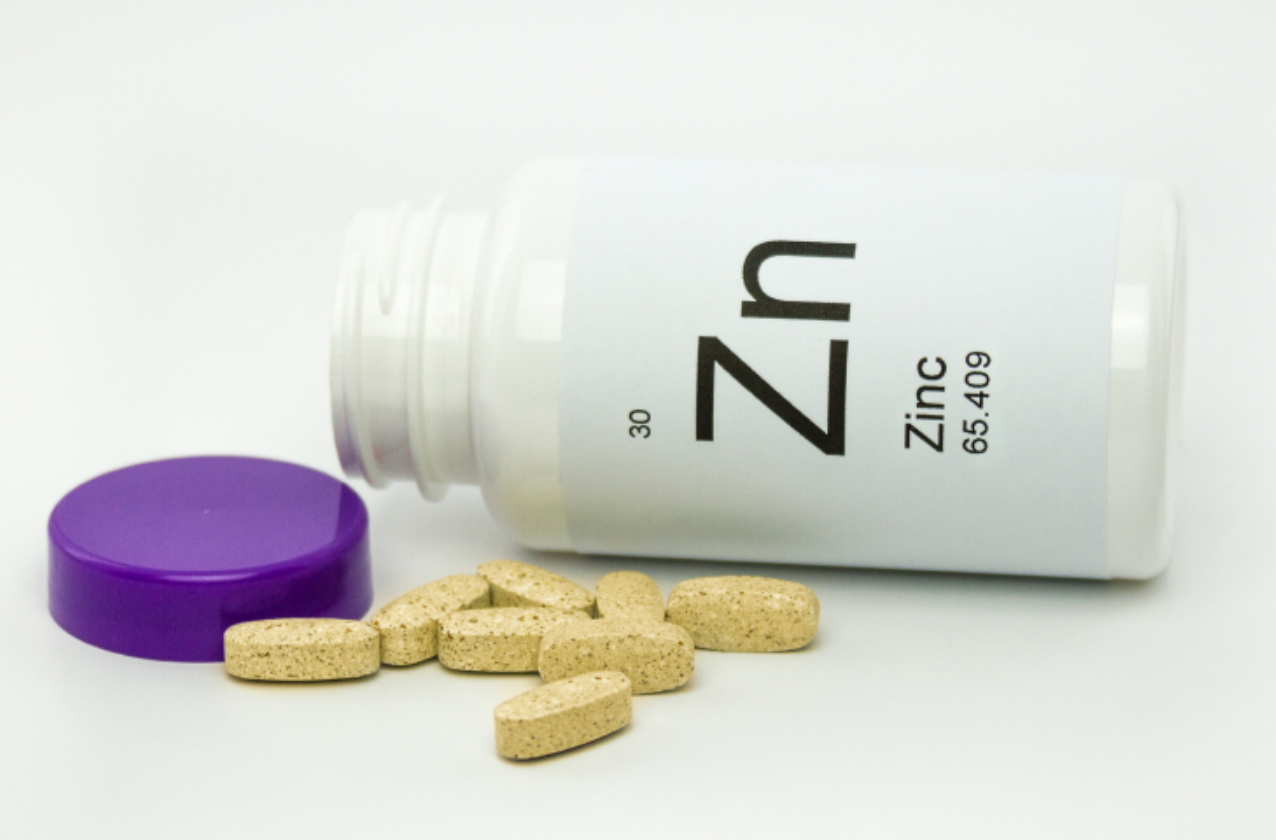
Zinc in Foods – Cover Your Daily Needs
Almost everyone knows the mineral zinc. Whether used as a cream for wounds or as a supplement to strengthen the immune system – zinc is an important component of at-home pharmacies, and for good reason. We’ll explain why this mineral is so important, how much you should consume of it and which zinc-rich foods can easily be incorporated into your daily diet.
Was ist zinc?
Most of us are probably most familiar with zinc in the form of creams to help wound healing or even for skin blemishes. But this is far from the end of the abilities of zinc.
Zinc, along with iron, copper and iodine, is an essential trace element. The body needs trace elements, but only in small amounts. This should not undermine their importance: zinc is vital for the human organism. However, it cannot be produced by the human body nor can it be stored for longer periods of time. To ensure optimal bodily function and prevent deficiencies, zinc must be supplied to the body via food or supplements.
Zinc – Why your body needs it
Zinc is found in almost every cell in our bodies. Including: muscles, tissue and is an important component of countless enzymes and proteins. The list of biological processes and reactions that are influenced by zinc is long: the trace element supports a variety of metabolic functions, protects from free radicals, supports cell production (e.g. skin and hair), stimulates wound healing, hormone and sperm formation, and helps regulate blood sugar. An important trigger word in relation to zinc is immune system. We frequently hear that zinc strengthens the immune system and also helps protect from flus– but is this true? Sort of. Studies have shown that zinc can favourably influence the duration of a cold, provided you take the trace element within 24 hours after the first symptoms appear. But what is the reason for this? Zinc has an antiviral effect, i.e. it inhibits the reproduction of rhinoviruses directly on the mucous membrane. However, zinc has no influence on the cold itself or its severity.
Deficiency vs. overdose – Symptoms and causes
Because zinc is involved in so many key bodily functions, you should make sure you never have a deficiency. If you don’t have enough zinc in your body, then a variety of symptoms can ensue. Some examples are: a weakened immune system, poor wound healing, chipped nails, hair loss, appetite loss, chronic fatigue, impaired concentration and lowered libido. The recommended daily zinc intake can easily be covered by diet, so it's actually likely to absorb too much zinc rather than too little.
Nutrition-conscious people in particular tend to want to "do something good" for their bodies and take high doses of zinc supplements. However, those who take in too much zinc over a longer period of time can damage their health and suffer from nausea, stomach cramps and diarrhoea. A metallic aftertaste is also fairly common. In addition, studies have shown that high doses of zinc prevent the absorption of copper in the body. The consequence can be anaemia and neurological disorders. If you want to cover your zinc needs naturally, you can do so with a healthy diet. A colourful variety of fruits, vegetables, legumes, and vegetable protein sources, will suffice. You can find even more tips and interesting facts in our article on a balanced diet.
What is our daily need?
According to the DGE (German Nutrition Society), the daily zinc requirement is between 7 and 16 milligrams. This reference value is influenced by age and gender - as well as phytate intake. In plants, phytate serves as a store for phosphate, which they need for photosynthesis, among other things. You automatically take in phytate by eating legumes, whole grain products and oilseeds. The problem is that a high phytate intake can reduce zinc absorption by up to 45 percent. Therefore, the more phytate you consume, the more zinc you need. This is an important factor to consider, especially in a vegan diet.
In the table below, we have listed the daily zinc requirement taking into account the factors mentioned (age, gender and phytate intake).
ZINC |
||||||||||
Age |
|
Male Female | ||||||||
Infants 0 - 4 months 4 - 12 months |
|
1, 5 mg Zink/Tag 2,5 mg zinc/day | 1,5 mg zinc/day 2,5 mg zinc/day |
|||||||
Children & adolescents 1 - 4 years 4 - 7 years 7 - 10 years 10 - 13 years 13 - 15 years 15 - 19 years |
|
3 mg zinc/day 4 mg zinc/day 6 mg zinc/day 9 mg zinc/day 12 mg zinc/day 14 mg zinc/day | 3 mg zinc/day 4 mg zinc/day 6 mg zinc/day 8 mg zinc/day 10 mg zinc/day 11 mg zinc/day |
|||||||
| Adults | ||||||||||
| 19-25 years | 11, 14, 16 mg zinc/day* | 7, 8, 10 mg zinc/day* | ||||||||
| 25 - 51 years | 11, 14, 16 mg zinc/day* | 7, 8, 10 mg zinc/day* | ||||||||
51 - 65 years | 11, 14, 16 mg zinc/day* |
7, 8, 10 mg zinc/day* | ||||||||
65 years + | 11, 14, 16 mg zinc/day* | 7, 8, 10 mg zinc/day* | ||||||||
Pregnant Women 1st trimester 2nd & 3rd trimester |
|
7, 9, 11 mg zinc/day* 9, 11, 13 mg zinc/day* |
||||||||
Breast-feeding women |
|
11, 13, 14 mg zinc/day* |
||||||||
*For low, medium and high phytate intake.
Which foods are high in zinc?
Zinc-containing foods are easier to find than you think! A good source of plant-based zinc is found in grains (e.g. whole grains), lentils, nuts (e.g. walnuts, cashews and brazil nuts), seeds (e.g. linseeds), corn, oats, soybeans and dark chocolate.
Our tip: combine different zinc-containing foods within a meal, that way you cover your daily needs faster. Here are some quick recipes:
1. Power-Breakfast
Ingredients:
150 g Bananas (0,24 mg zinc)
25 g Hazelnuts (0,52 mg zinc)
60 g Oats (2,19 mg zinc)
15 g Chia-seeds (0,7 mg zinc)
Some oat milk
Some date syrup
2. Veggies with wild rice
Ingredients:
6 TB Wild rice (3,86 mg zinc)
100 g Tofu (1,45 mg zinc)
200 g Broccoli (0,86 mg zinc)
150 g Red bell pepper (0,30 mg zinc)
200 g Button mushrooms (1,02 mg zinc)
Some salt and pepper
Zinc is found in many plant-based foods, so it is absolutely possible to have a sufficient supply of zinc on a vegan diet. You can also find plenty of zinc in Every. Products, thanks to ingredients such as oats, seeds, wild rice, vegetables and others. Simply order your meals, soups or raw cakes and have them delivered to your home where you can enjoy them with minimal effort. Discover our entire product range here.
When should zinc be supplemented?
There are certain groups of people who should pay attention to their zinc levels. These include pregnant women, older individuals, vegetarians and vegans. Furthermore, there are certain phases in life in which we need to additionally promote the intake of zinc, e.g. when we are exposed to high amounts of stress or physically demanding training sessions. Too much stress or intensive training can lead to an irregular and unbalanced diet - and consequently to a nutrient deficiency. In these cases, it is important to supply the body with essential vitamins and minerals in the form of supplements. If supplements are to be taken over a longer period of time, it is advisable to consult a doctor to clarify the intake beforehand.
Our conclusion: Zinc is only needed in small quantities in the body, but its importance for various biological reactions and processes is enormous. Nothing works without zinc. Because it cannot be produced by the body itself, it must be supplied through food. A healthy and balanced diet with a colourful variety of plant-based foods is key. If you are pregnant, very physically active or going through a particularly stressful phase, then you should think about supplementing the trace element in consultation with a doctor.
Discover additional wellness topics:
- Staying Healthy During The Fall and Winter – Tips for the Cold Months
- Nutritious Eating During Postpartum Recovery
- Food for Your Nerves – How Certain Foods Can Help With Stress
- Healthy Snacking – Tasty Treats for In-Between
- Superfoods – How 'Super' and How Healthy are They Really?
For more foodie and wellness content, follow us on Instagram! If you want to see more behind-the-scenes action and get involved in recipes, then join the Every. Community.







